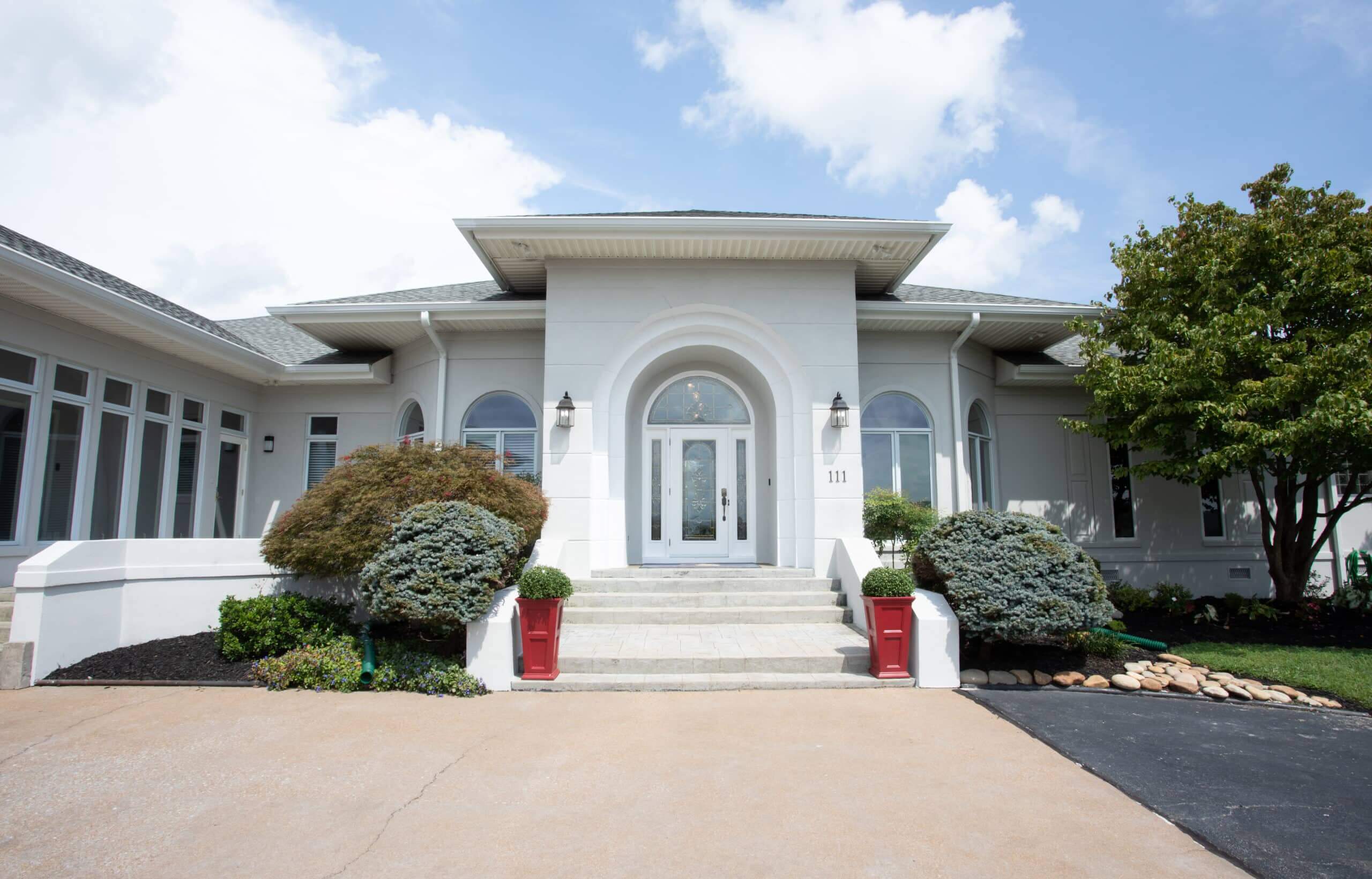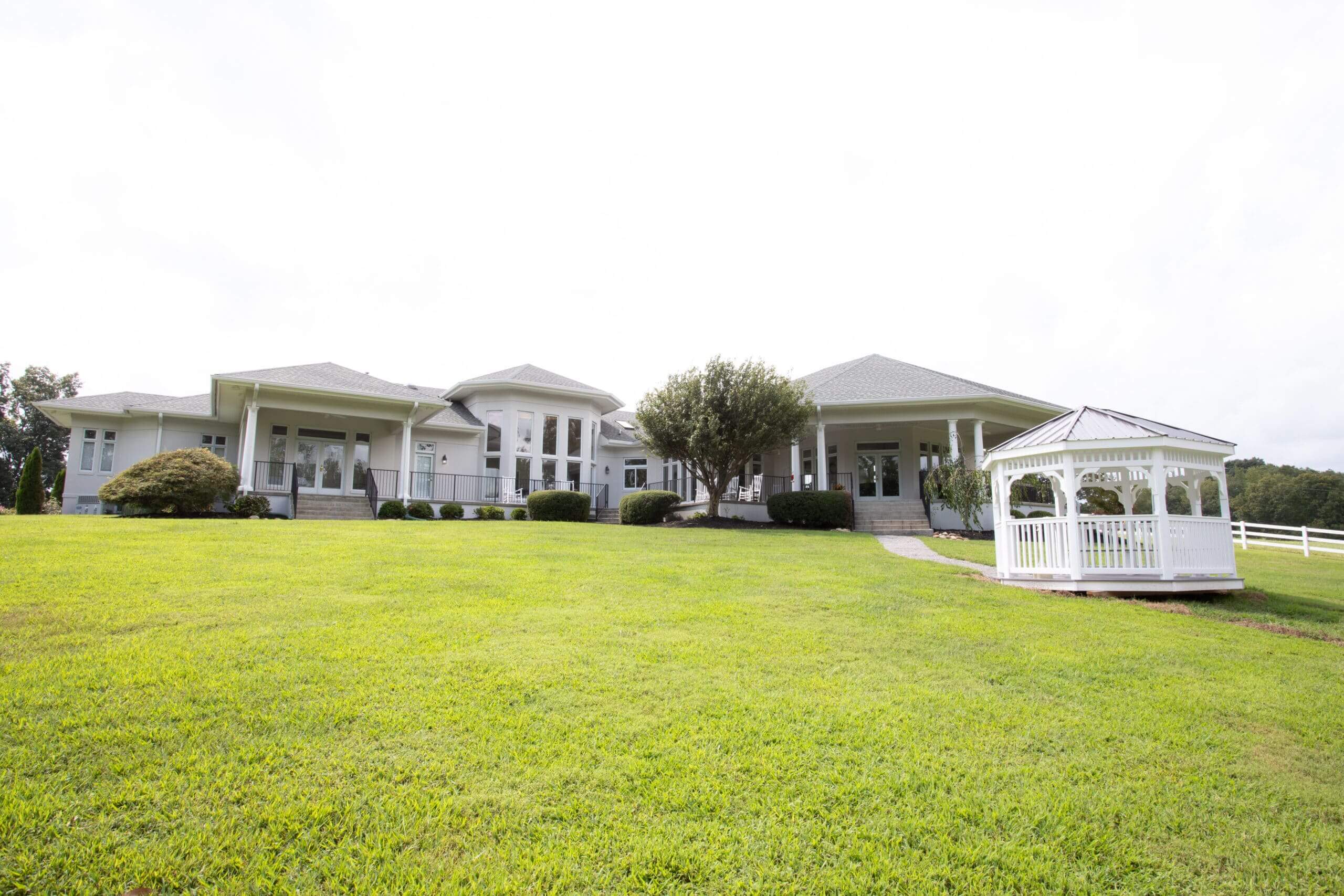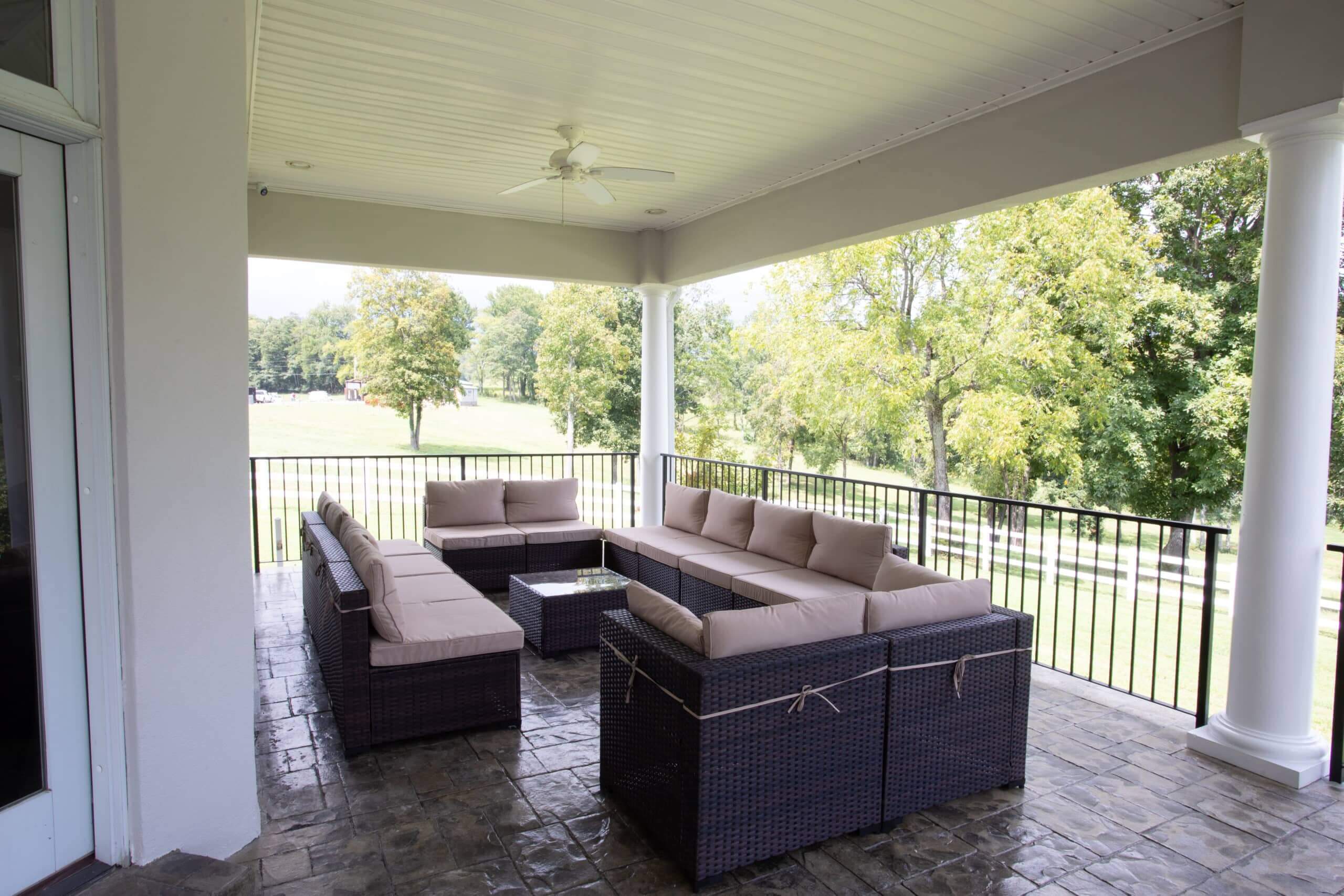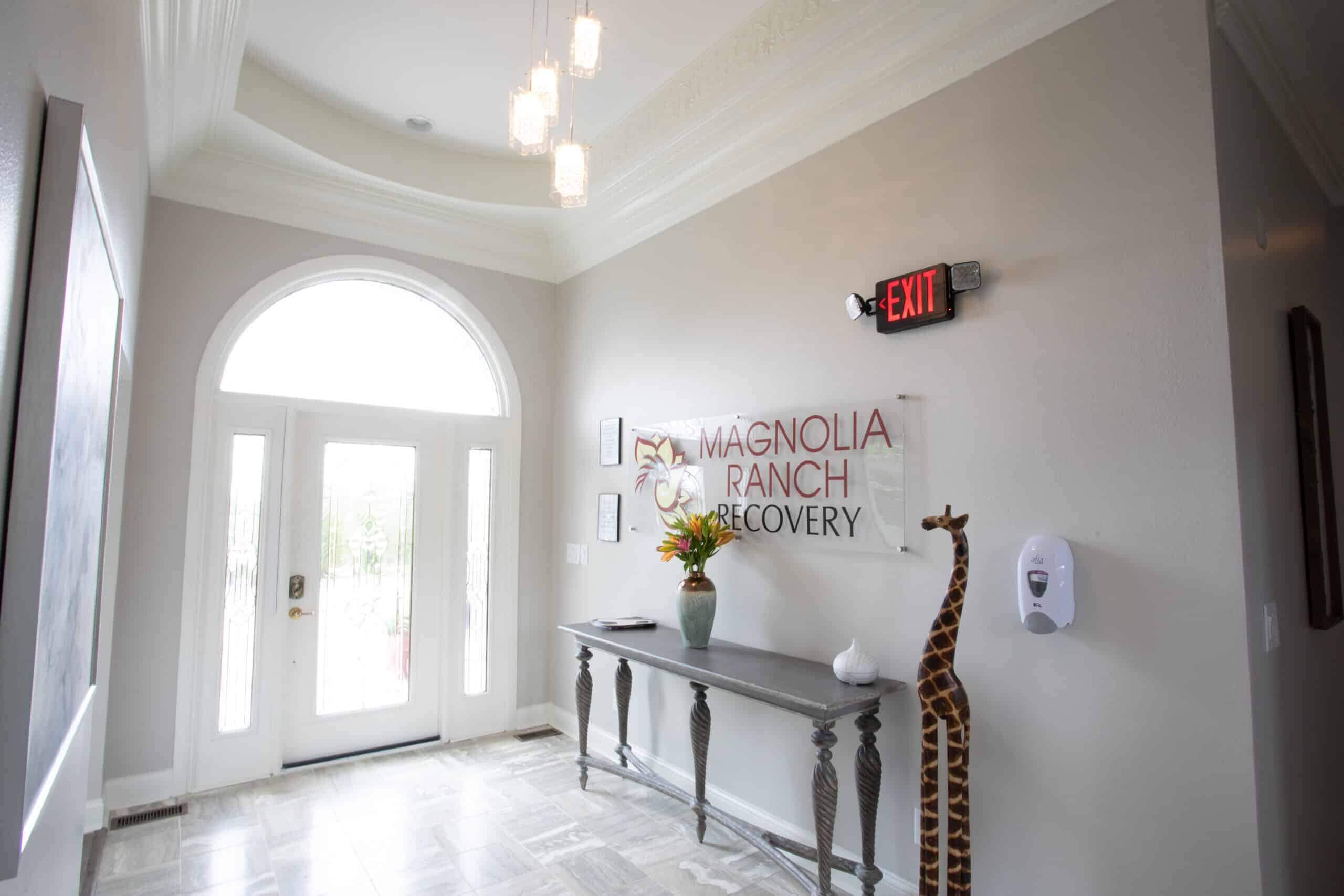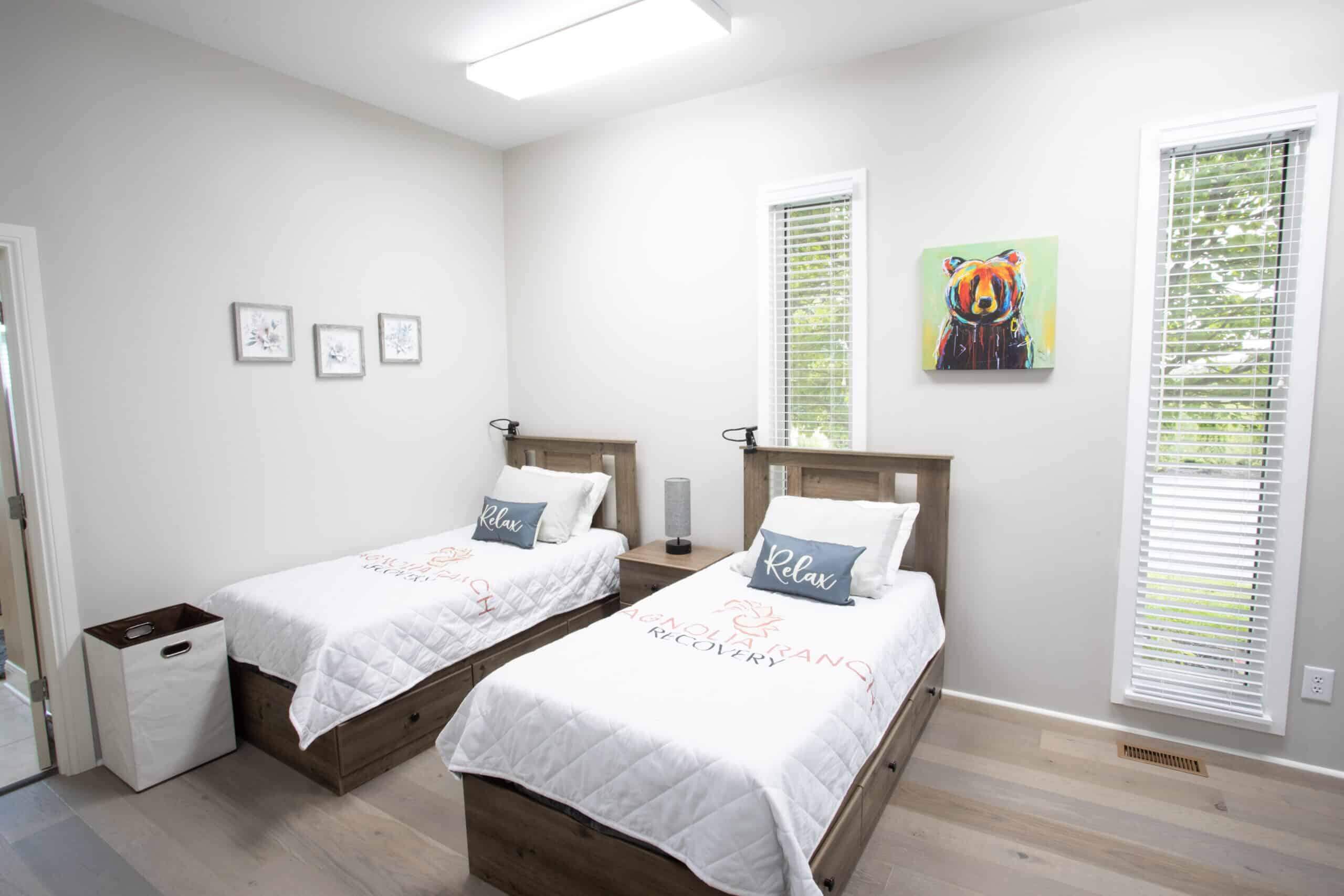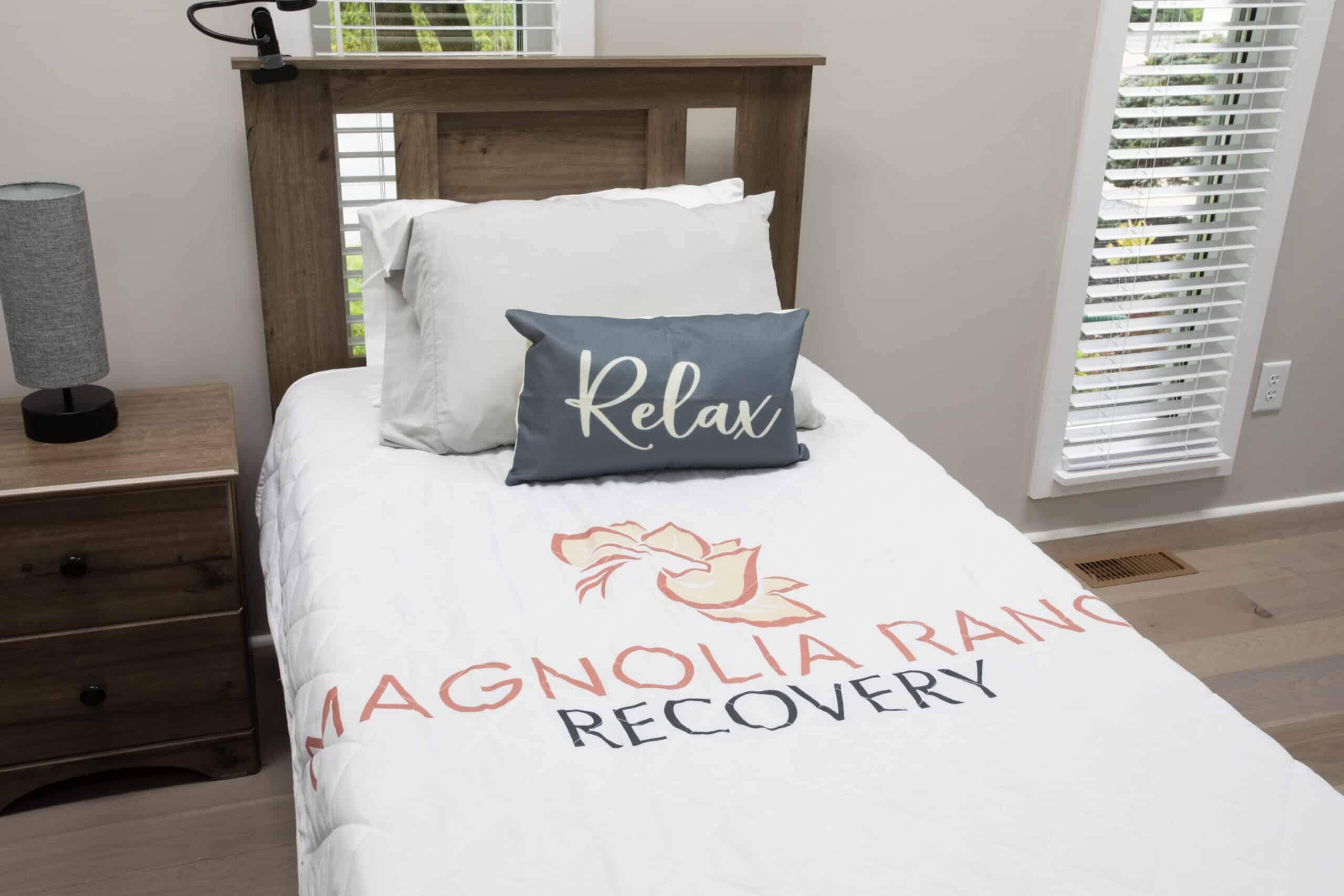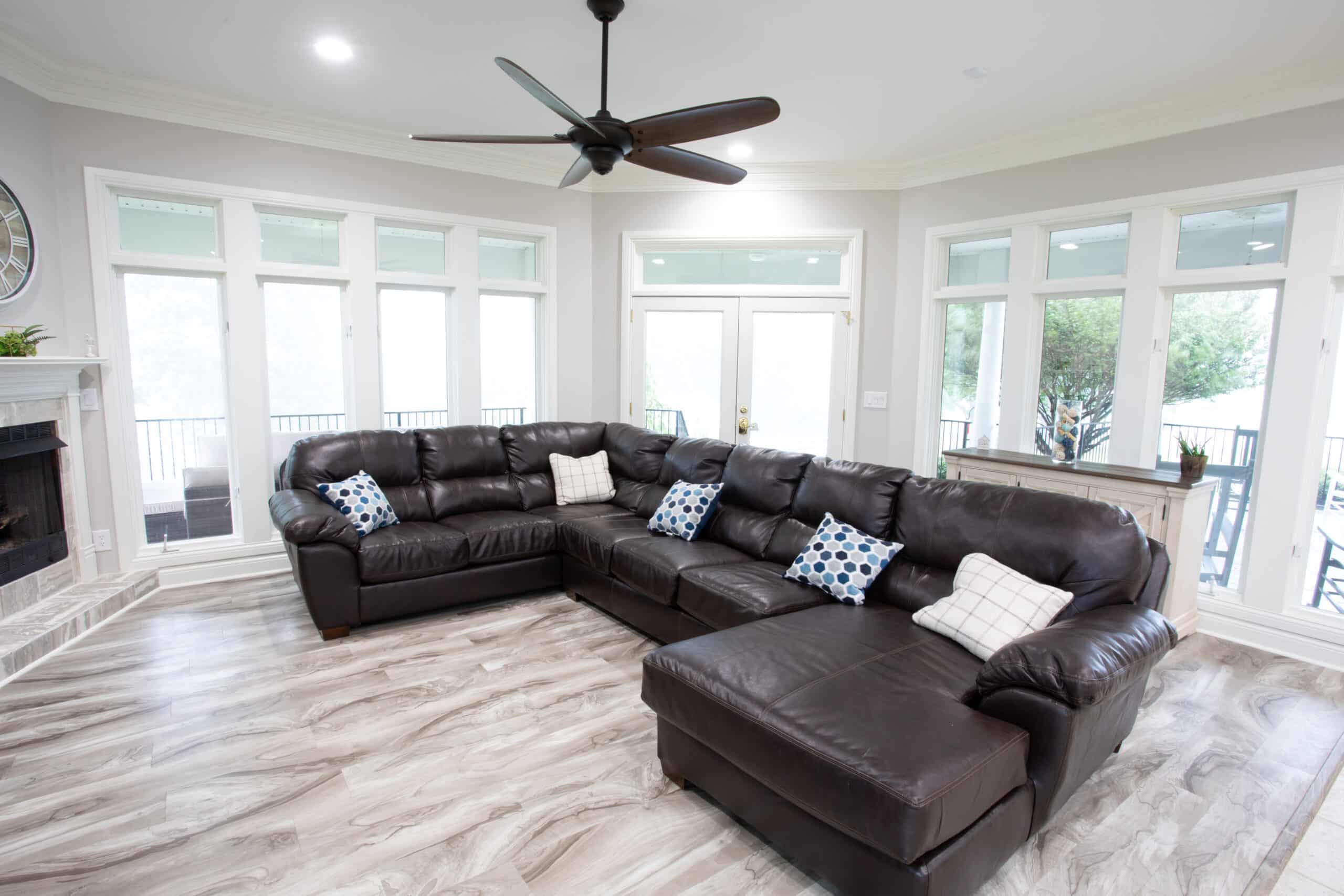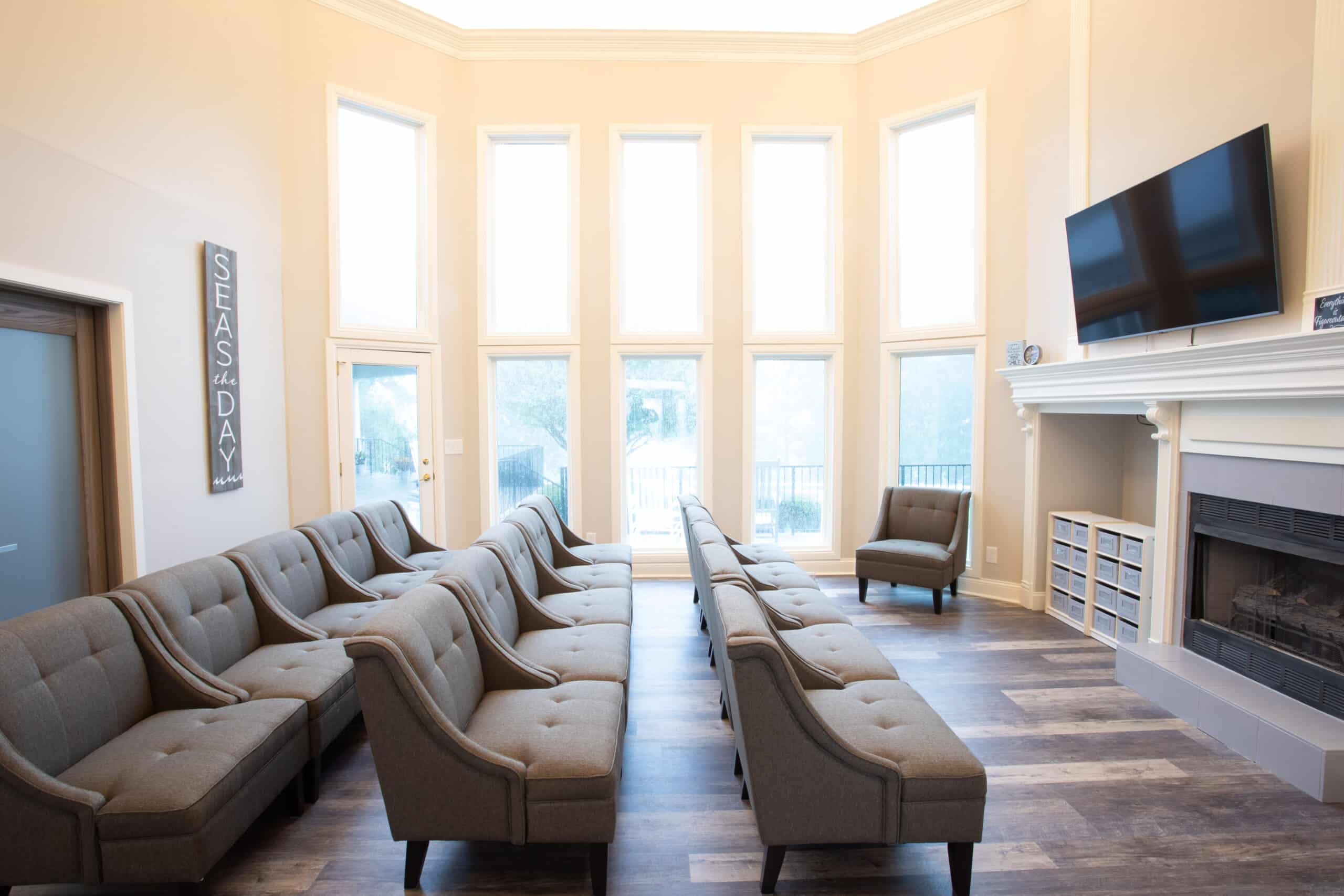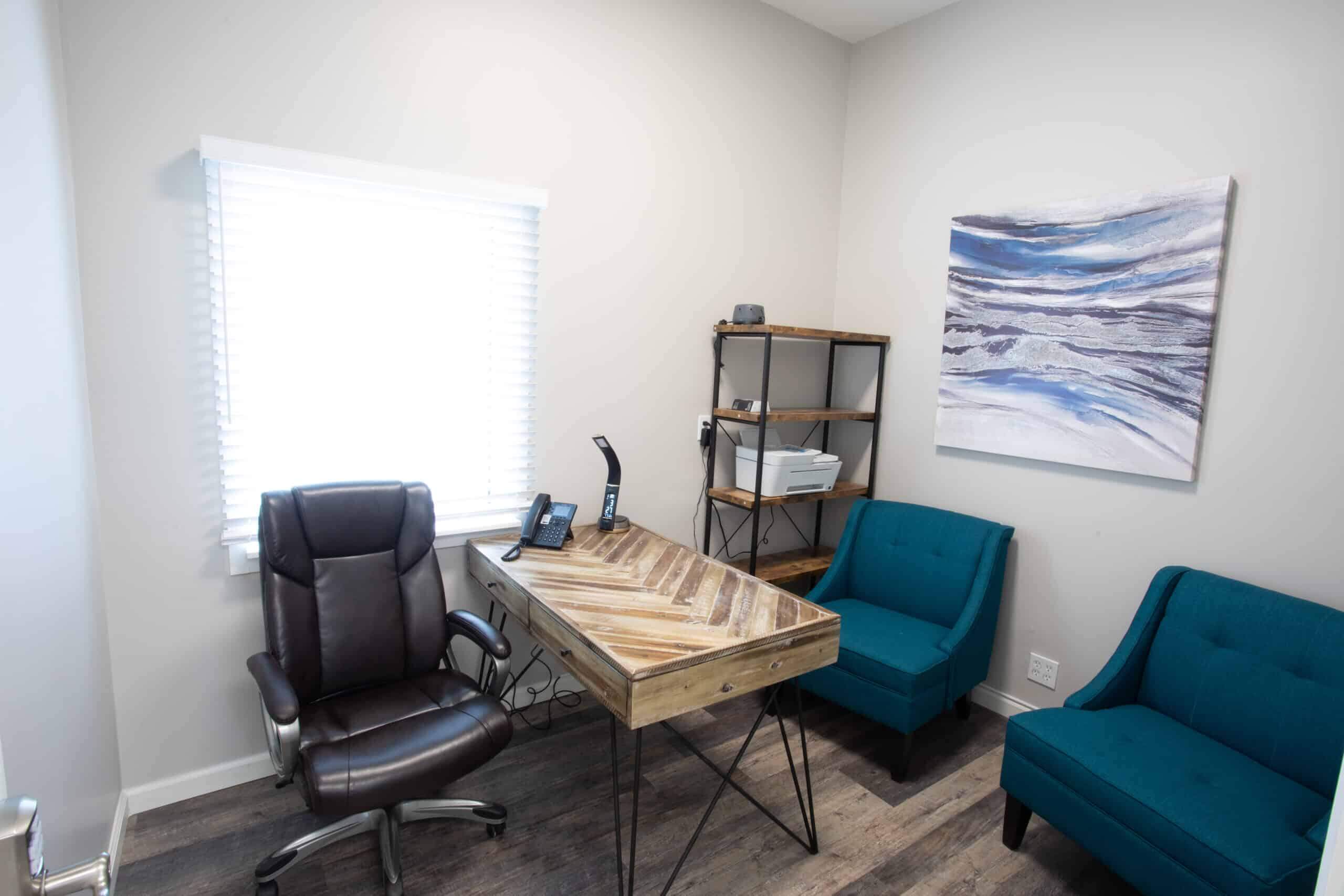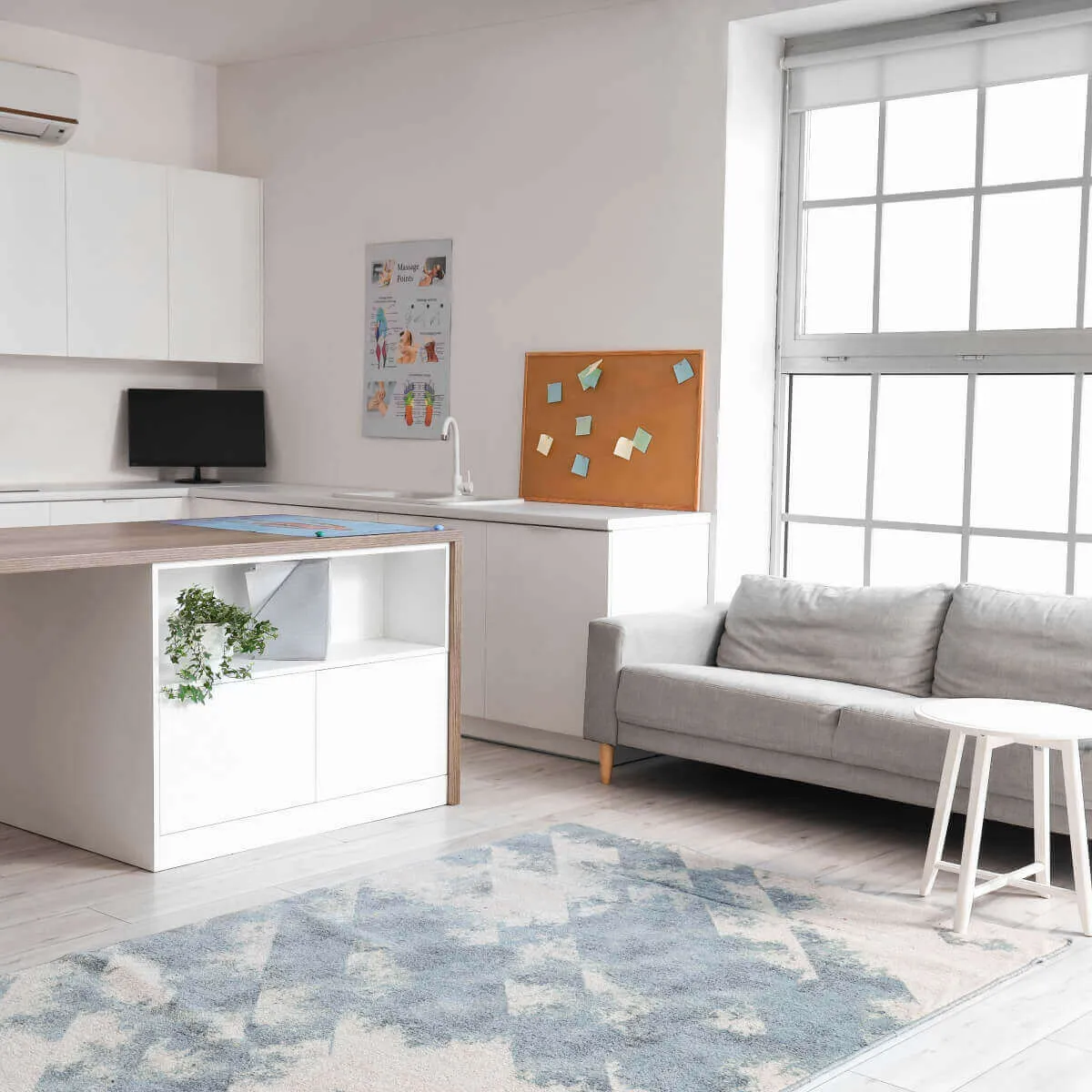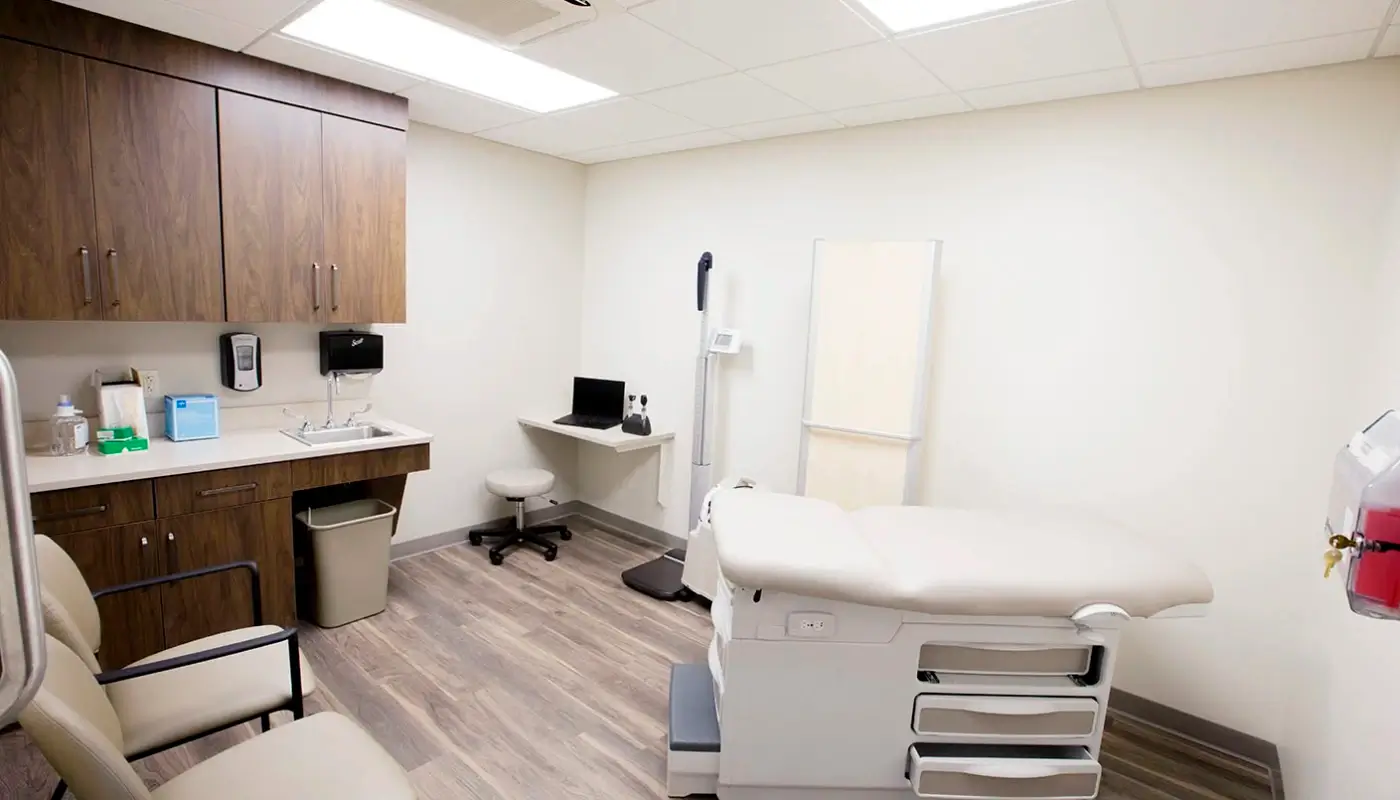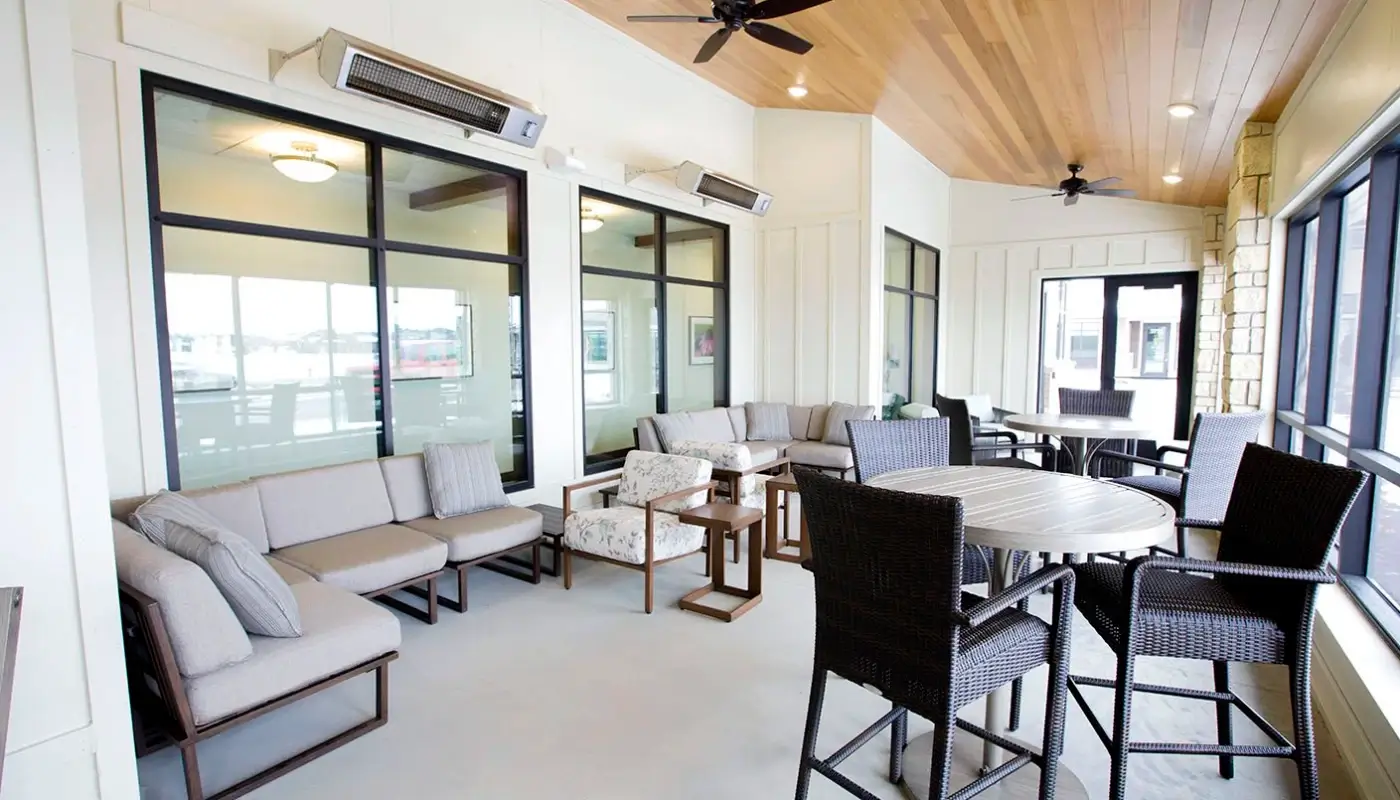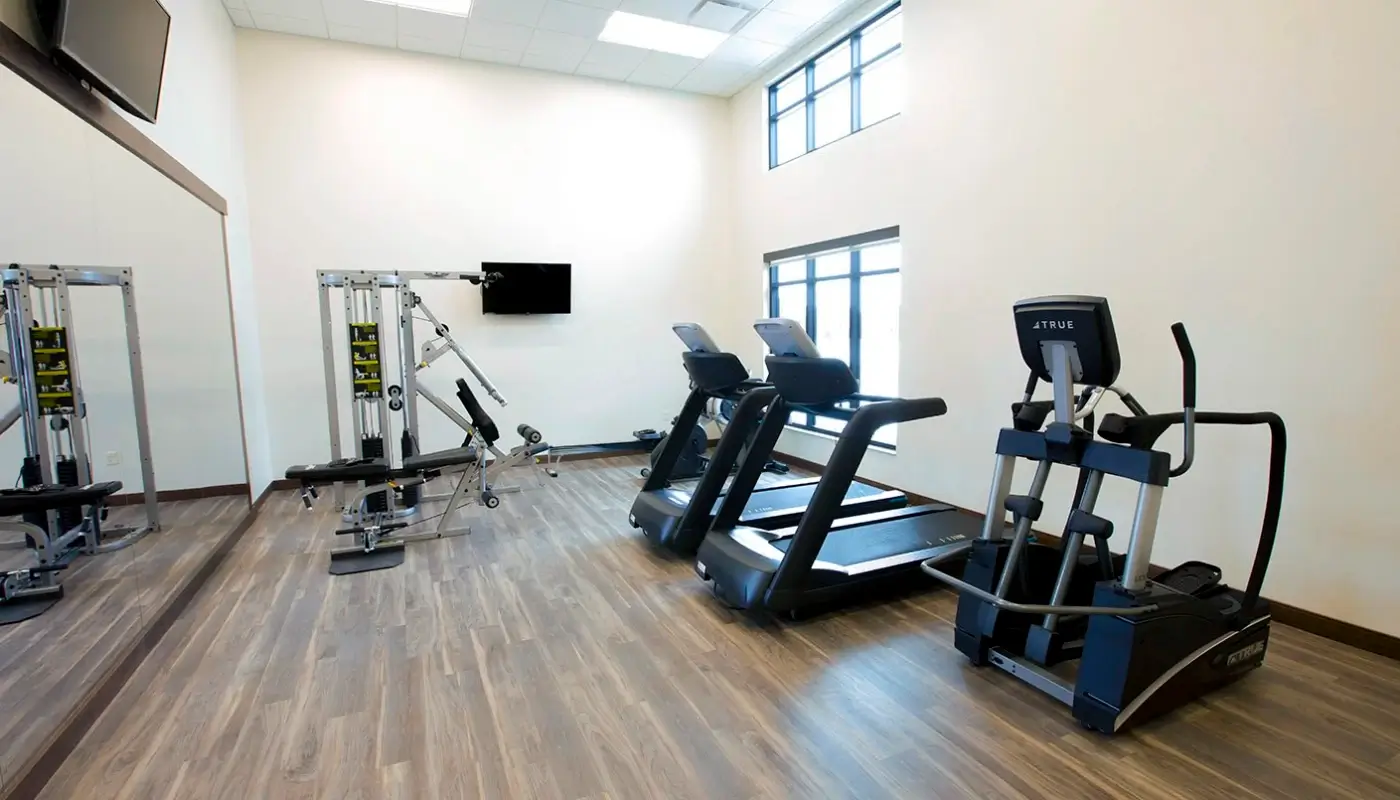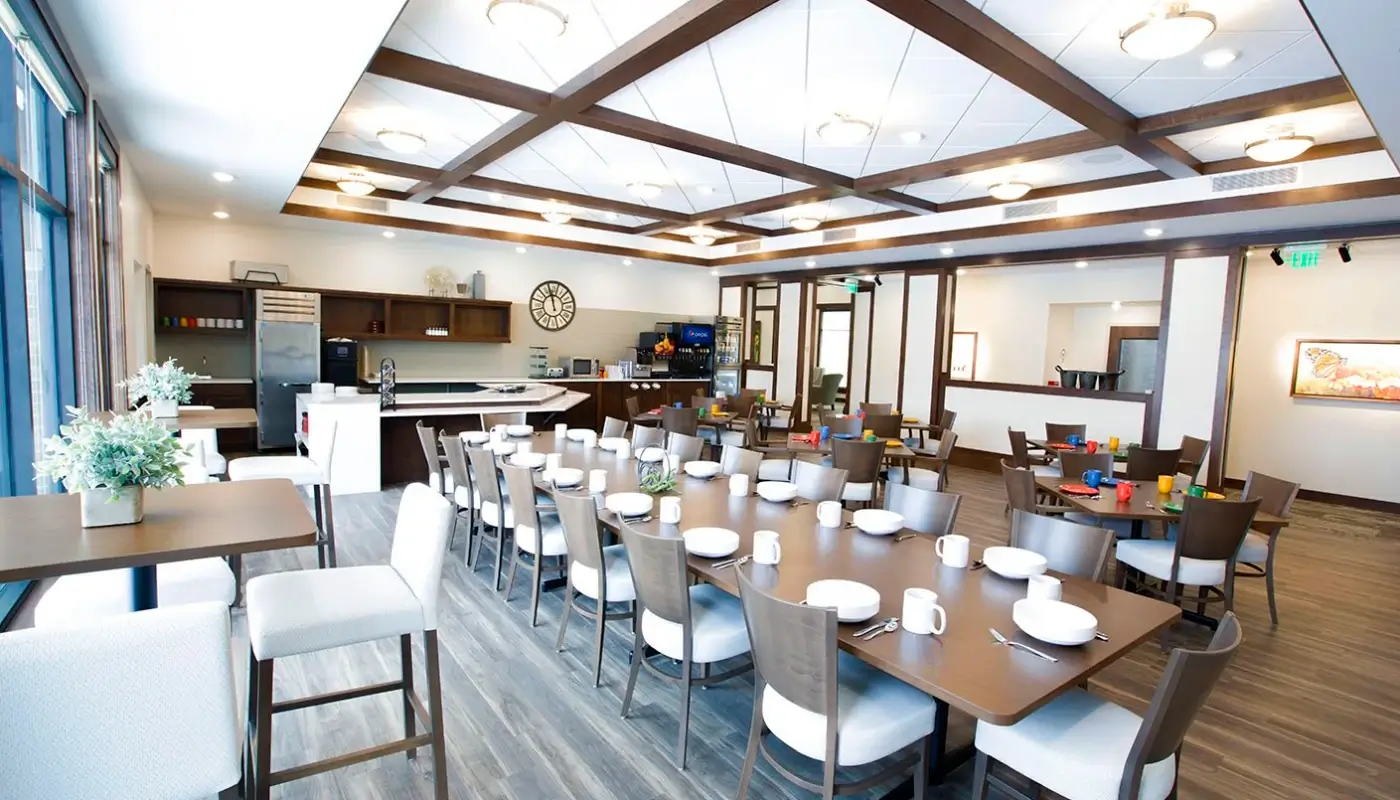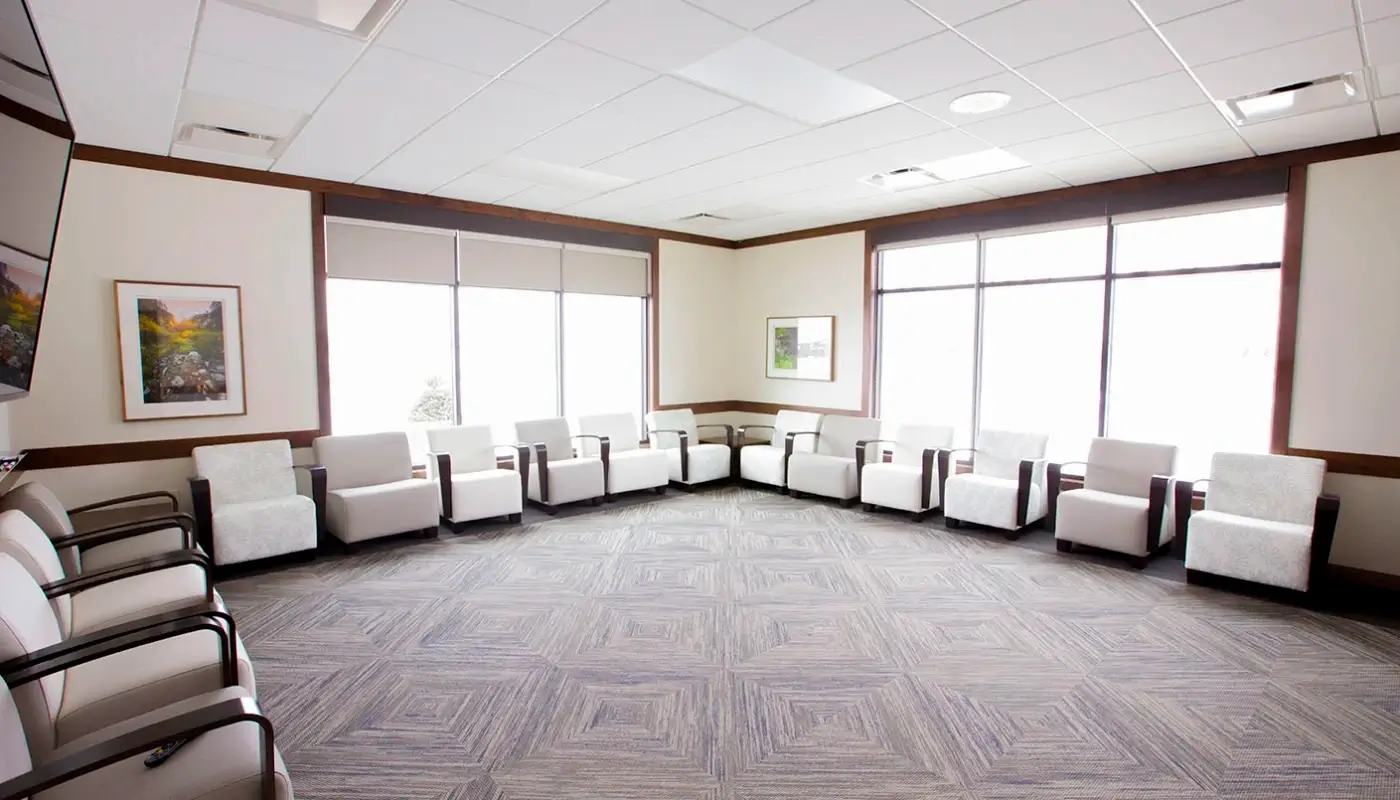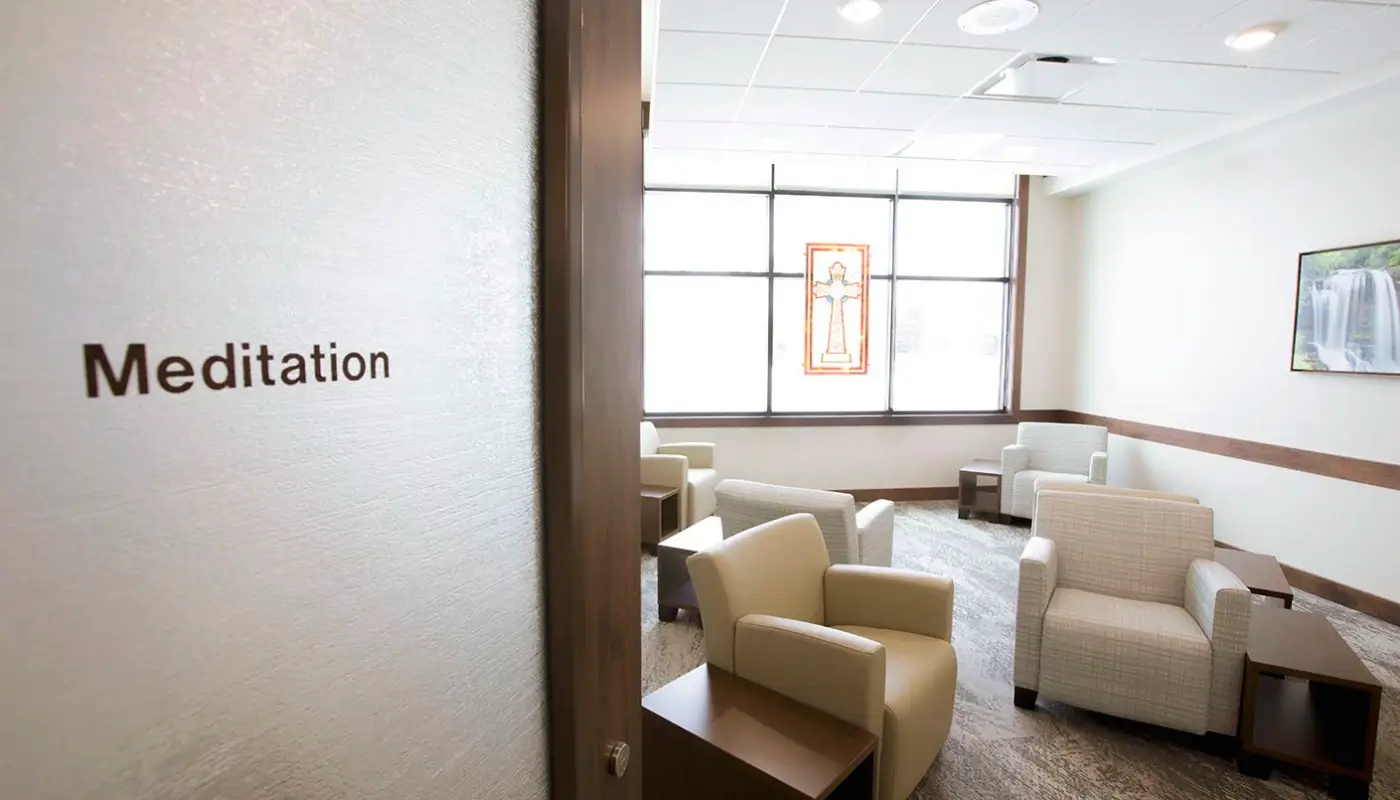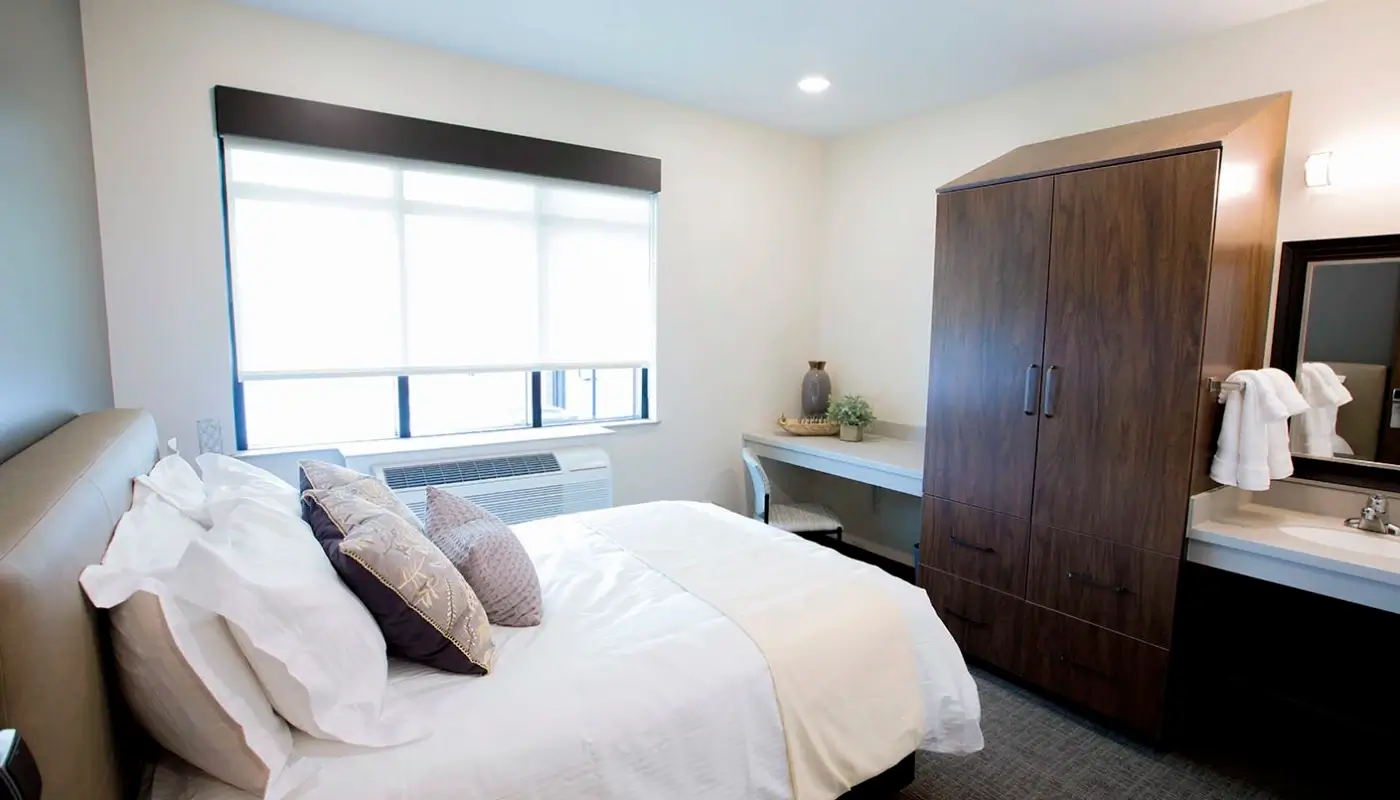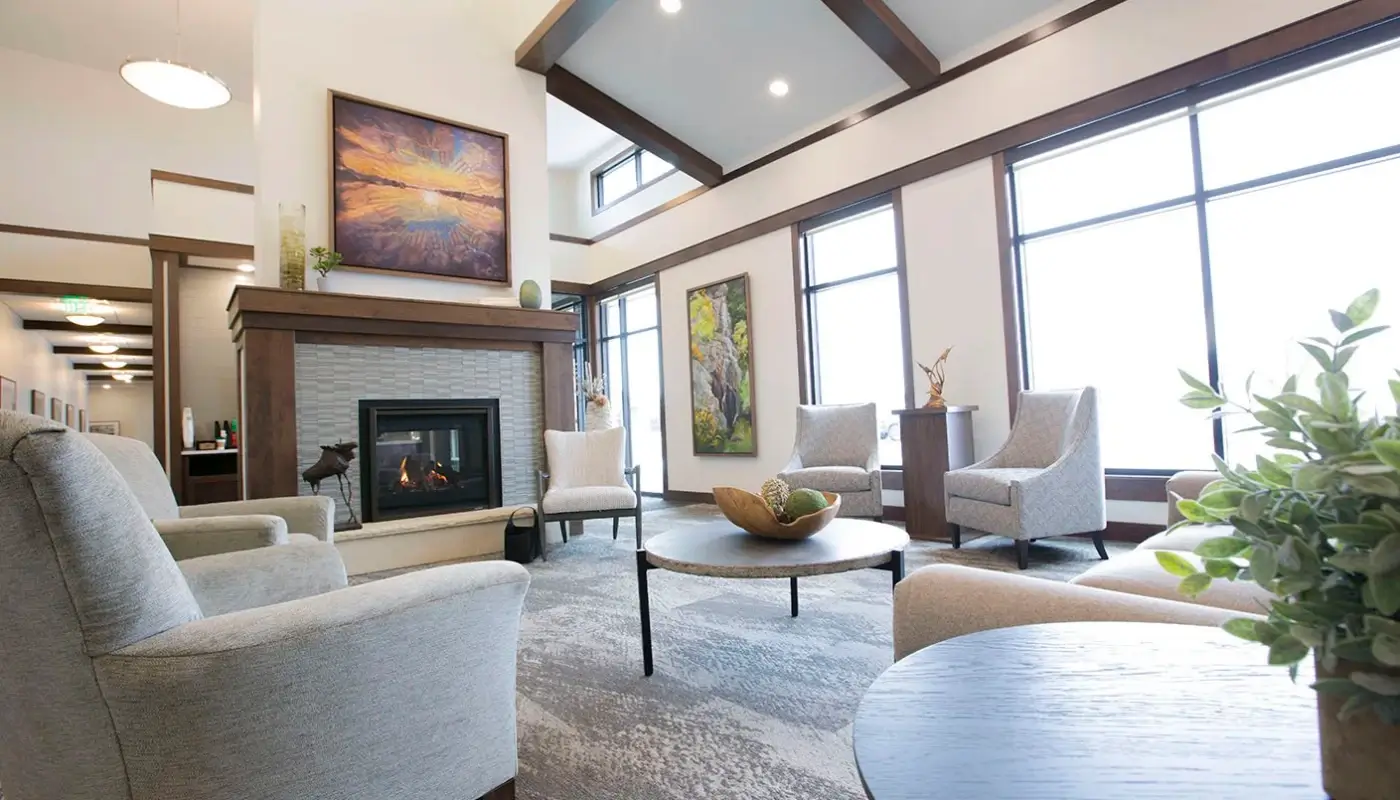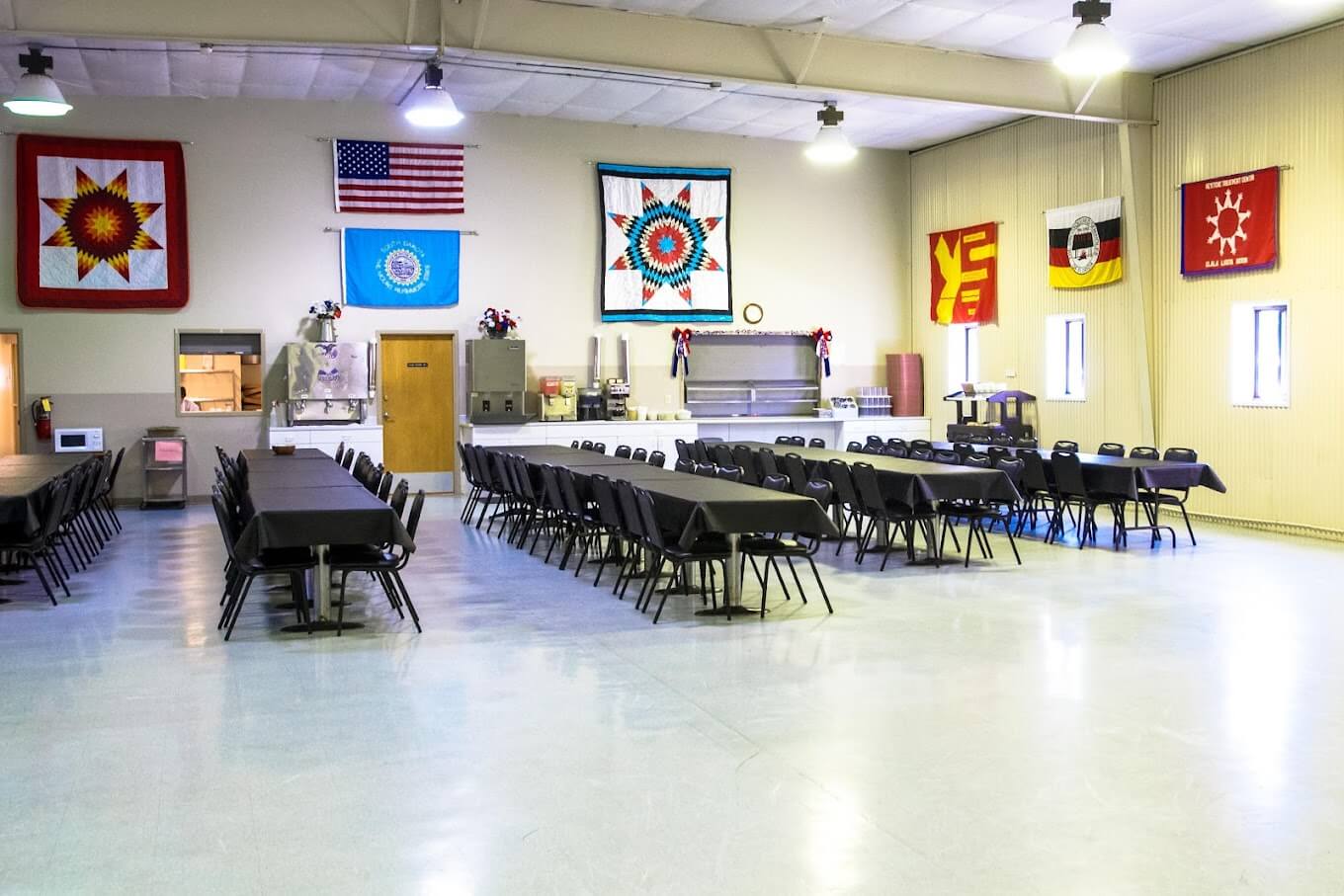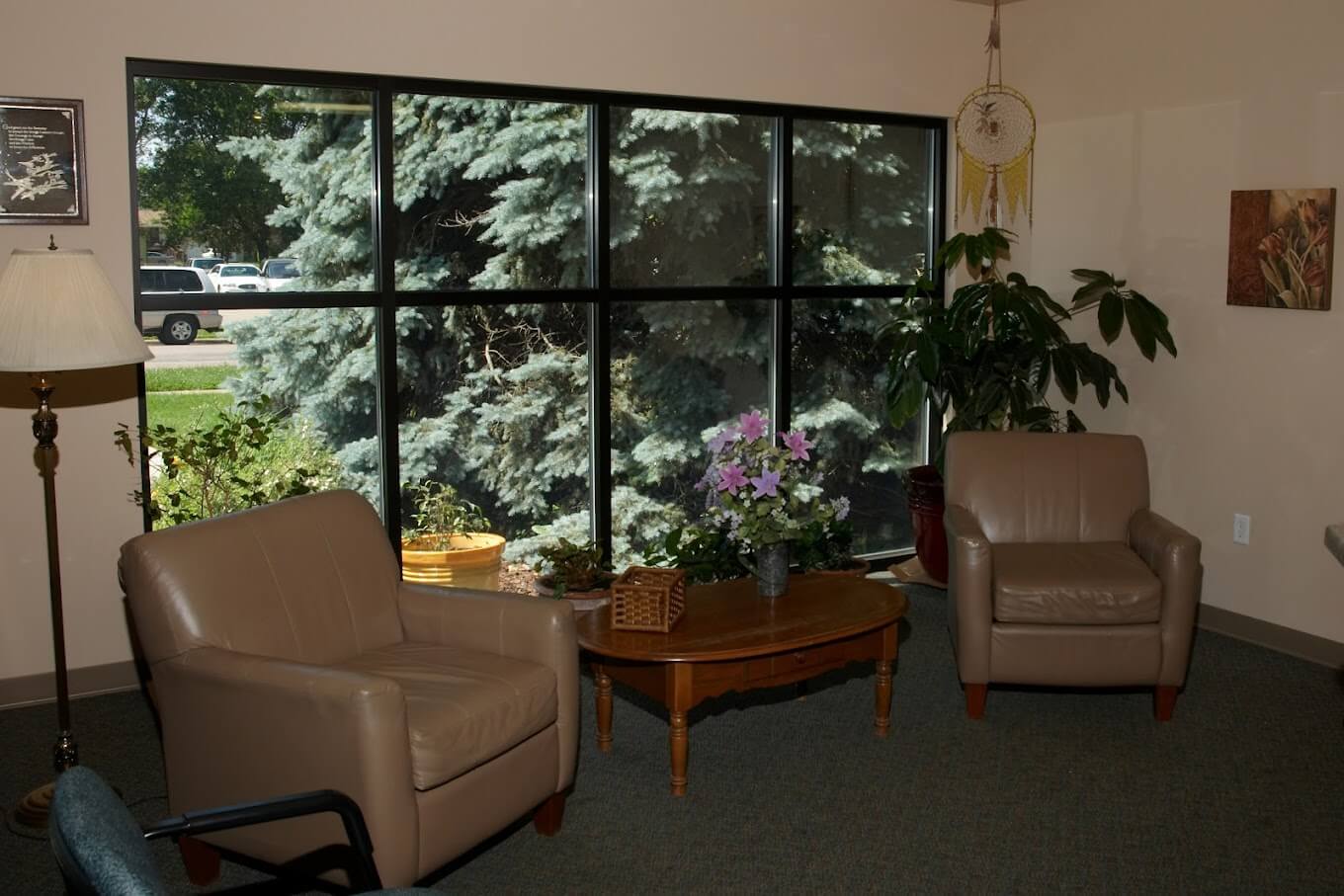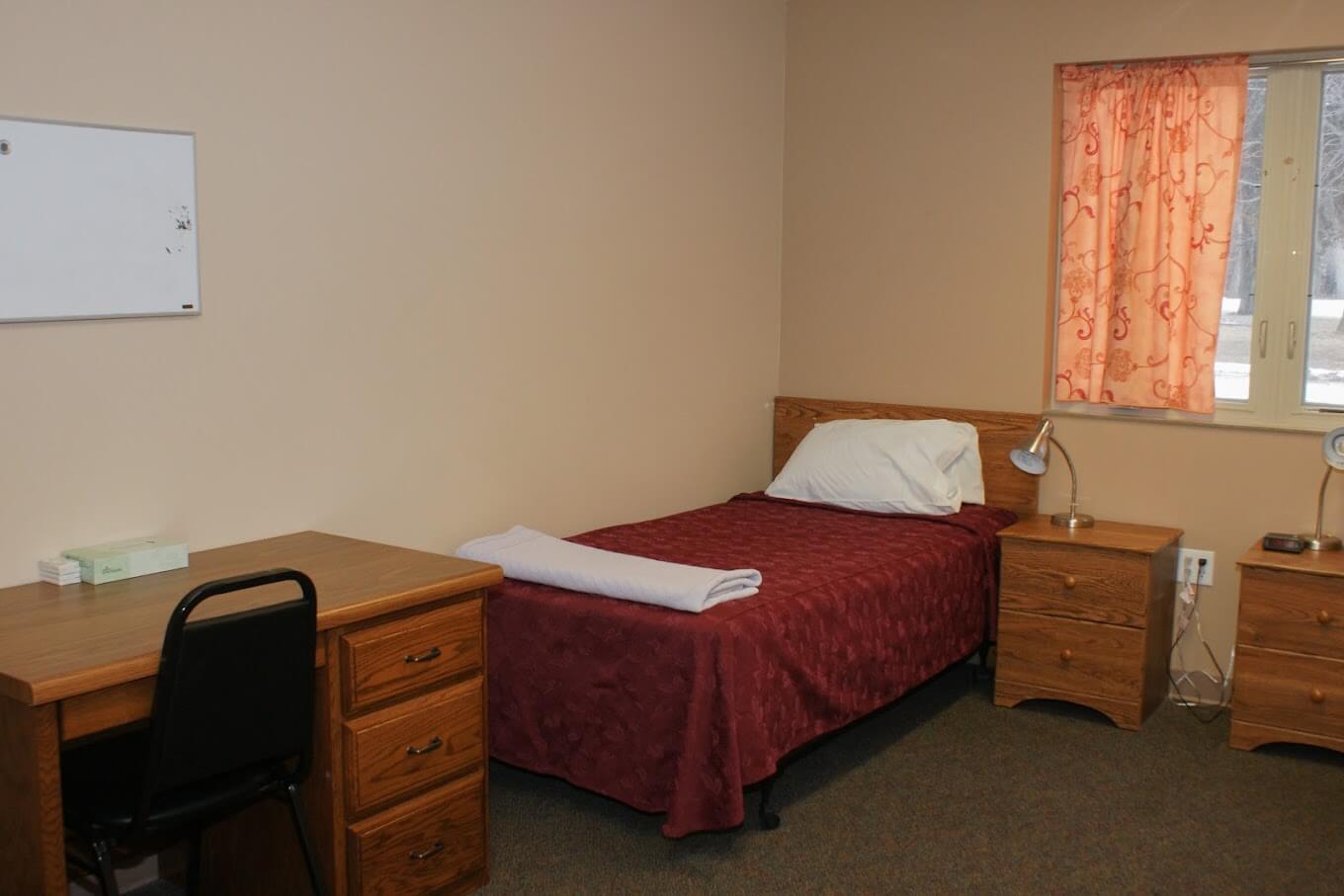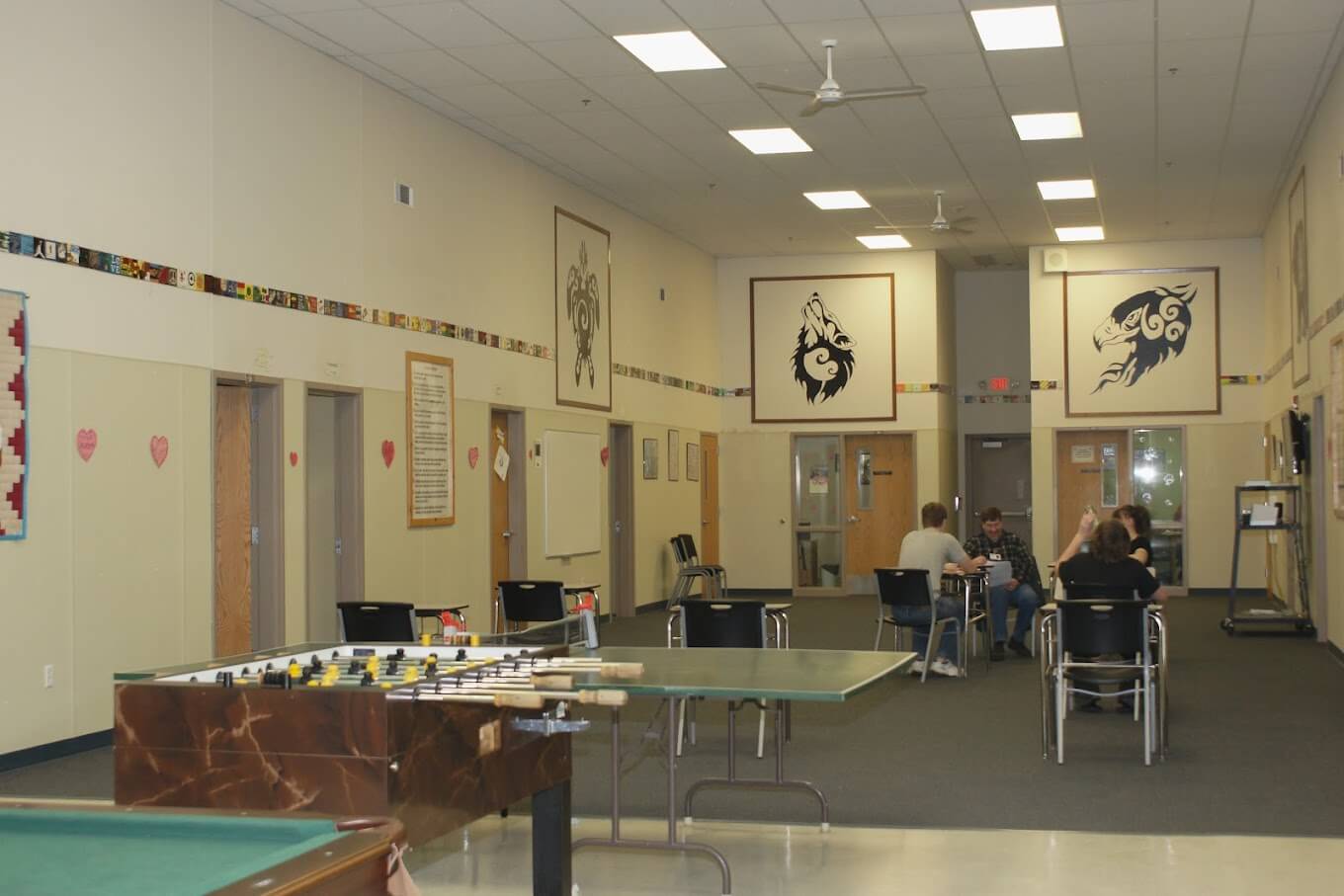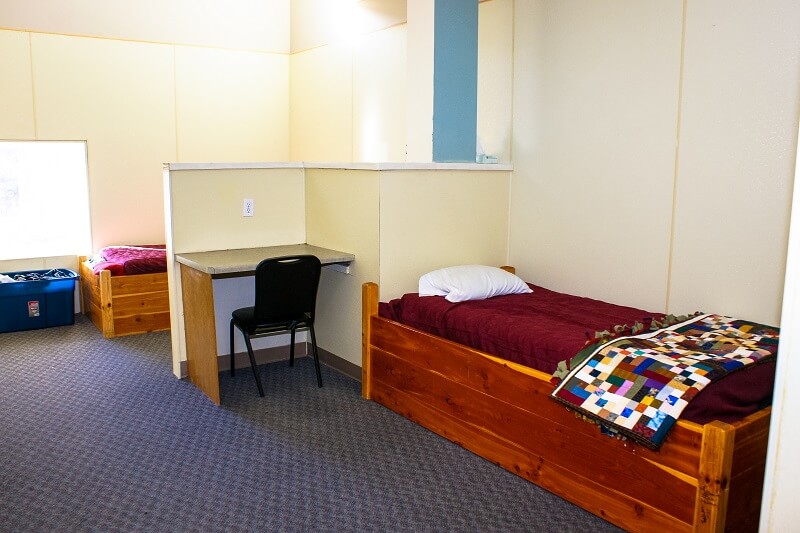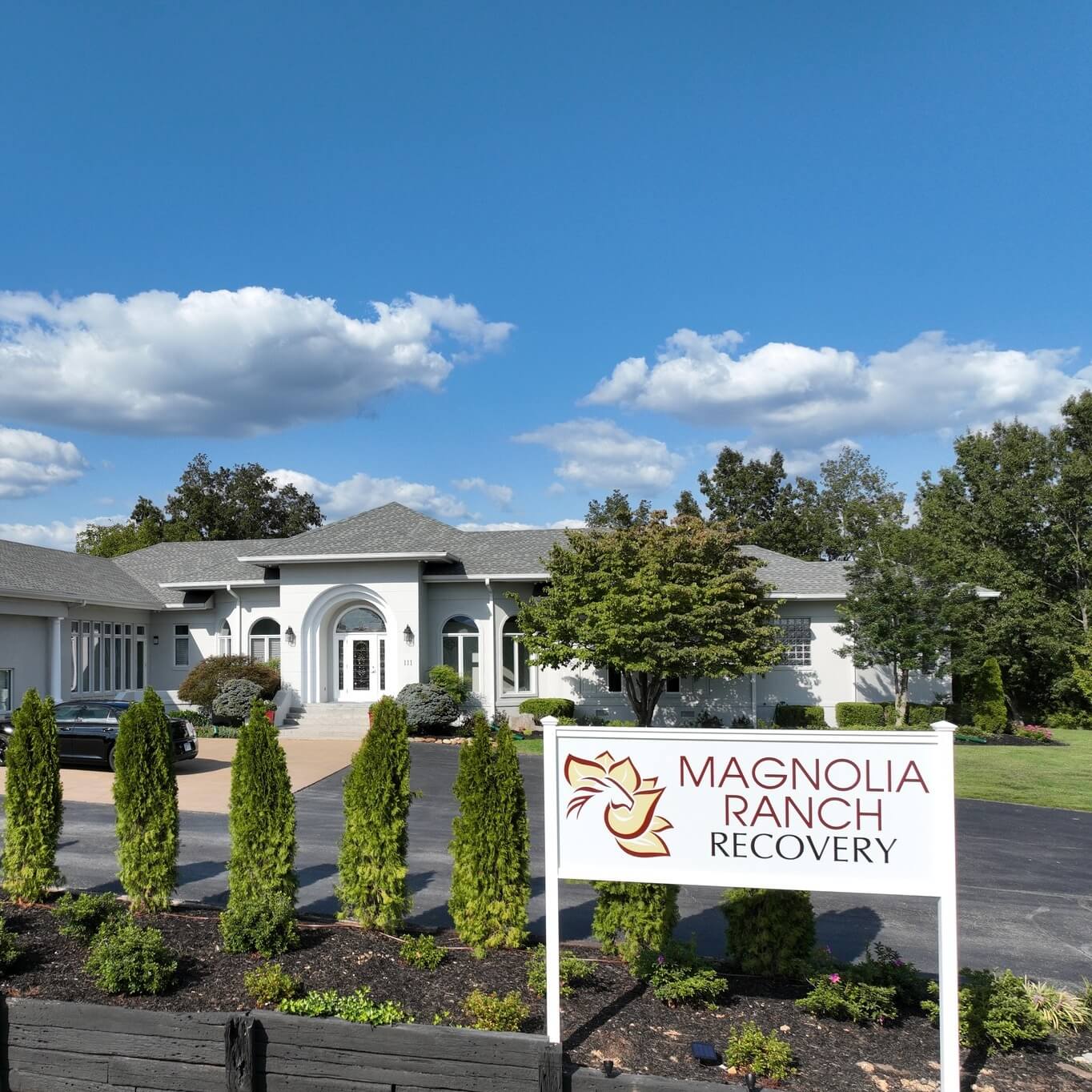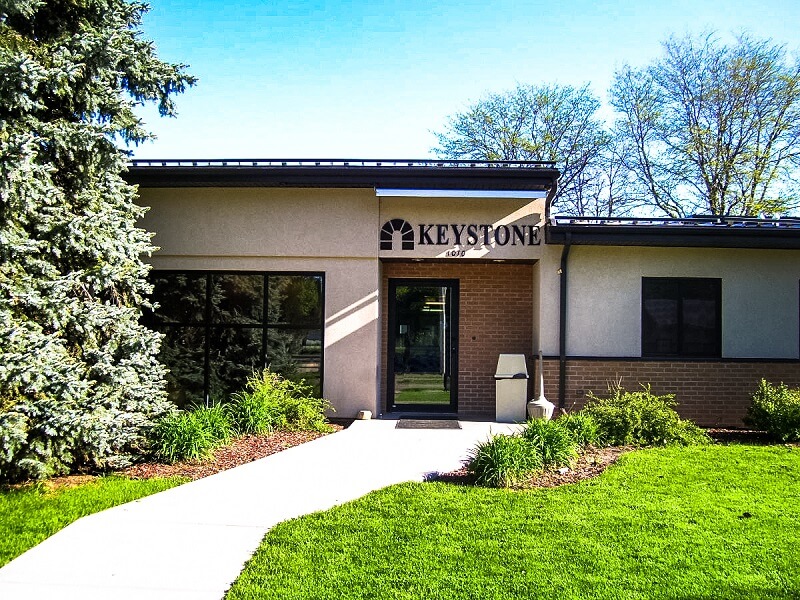3 South Dakota Rehab Centers
Have a question about South Dakota rehabs? Check our Frequently Asked Questions to learn more.
Common Questions About South Dakota Treatment Centers
How are rehab centers in South Dakota ensuring client safety during health crises such as COVID-19?
South Dakota rehab centers have taken strict steps to protect clients during health emergencies like COVID-19. These measures include: Checking everyone’s health before they enter, Cleaning and disinfecting often, Changing therapy sessions to keep people apart, Using telehealth so clients can attend therapy remotely when possible, Requiring staff to get vaccinated and encouraging clients to do the same to keep the community safe
Can I tour a rehab facility in South Dakota before enrolling?
In South Dakota, potential clients and their families can take pre-admission tours of many rehab facilities. These visits can be scheduled by directly contacting the facility. During the tours, visitors can explore accommodations, therapy spaces, and recreational areas. Additionally, they have the chance to interact with staff members. These tours provide a deeper understanding of the facilities and services, enabling individuals to make informed decisions regarding their treatment options.
What measures are in place to ensure client privacy in South Dakota's rehab centers?
South Dakota rehab centers prioritize client privacy. They strictly follow federal and state regulations, including HIPAA, to safeguard medical records and personal data. All treatment details remain confidential and are only shared with the client’s consent or when legally necessary. To enhance protection, centers utilize secure data storage systems and train staff on strict privacy protocols.
What does aftercare planning involve at rehab centers in South Dakota?
After rehab in South Dakota, personalized aftercare plans help clients stay on track. These plans include ongoing therapy (in person or online) to tackle ongoing struggles. Rehab facilities also help connect clients with local support groups like 12-step programs and other recovery communities. Some plans also offer vocational training, education help, and help finding sober living places. Aftercare planning aims to build a support system for clients as they return to daily life, making them less likely to go back to using.

















